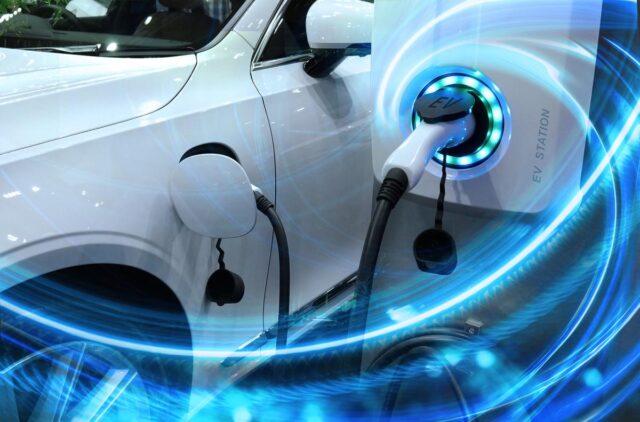Electric cars have gained immense popularity in recent years due to their eco-friendly nature and cost-saving benefits. One common question that potential electric car owners often ask is: How much does it cost to charge an electric car? In this article, we will explore the factors that influence the cost of charging an electric car and provide you with a clear understanding of the expenses involved.
The Cost of Electricity
The primary factor that affects the cost of charging an electric car is the price of electricity. The cost per kilowatt-hour (kWh) varies depending on your location and the electricity provider you use. As of 2021, the average national residential electricity rate in the United States is around $0.13 per kWh. However, prices can range from as low as $0.09 per kWh in some states to as high as $0.26 per kWh in others.
Charging Methods

The cost of charging an electric car also depends on the charging method you choose. Let’s take a closer look at the three main charging options:
- Home Charging: Charging your electric car at home is the most convenient and cost-effective method for most owners. The cost of a home charging station can range from $500 to $2,500, depending on the charging capacity and additional features. Charging at home is typically done using Level 1 or Level 2 chargers.
- Level 1 chargers: These chargers use a standard household 120-volt outlet and provide an average charging rate of around 4-5 miles of range per hour. The cost to fully charge an electric car using a Level 1 charger can be roughly estimated by multiplying the car’s battery capacity (in kWh) by your electricity rate (per kWh).
- Level 2 chargers: These chargers require a dedicated 240-volt circuit and offer a faster charging rate, providing around 25-30 miles of range per hour. The installation cost of a Level 2 charger may vary depending on the electrical upgrades required.
- Public Charging Stations: Public charging stations are widely available in many areas, including shopping malls, parking garages, and along highways. Some public charging stations may offer free charging, while others charge a fee based on the amount of electricity used or the time spent charging. Prices can range from $0.10 to $0.50 per kWh, depending on the station and location.
- Fast Charging Stations: Fast charging stations, also known as DC fast chargers or Level 3 chargers, provide a significantly faster charging speed compared to Level 2 chargers. However, they are less common and typically cost more to use. Fast charging rates can range from $0.20 to $0.40 per minute, or a flat fee of around $6 to $10 per session.
Charging Times and Range
The charging time required to fully charge an electric car depends on its battery size, charging method, and the initial state of charge. On average, it can take anywhere from a few hours to overnight to fully charge an electric car, depending on the charging equipment used.
Additionally, the range of an electric car also plays a crucial role in understanding the overall cost of charging. Electric vehicle manufacturers provide an estimated range per full charge, which can vary from around 100 miles for some compact models to over 300 miles for certain luxury models. The cost to charge will vary depending on the battery capacity and the required range.
Additional Factors
There are a few additional factors to consider when calculating the cost of charging an electric car:
- Time-of-Use Rates: Some utility companies offer time-of-use rates, where electricity prices vary depending on the time of day. Charging your electric car during off-peak hours can help you save money on your overall electricity bill.
- Efficiency: The efficiency of an electric car, measured in kilowatt-hours per mile (kWh/mile), varies among different models. More efficient cars will require less electricity to travel the same distance, resulting in lower charging costs.
- Battery Degradation: Over time, the capacity of an electric car’s battery may degrade, reducing its range. This can lead to increased charging requirements and potentially higher costs in the long run.
Conclusion
The cost to charge an electric car depends on various factors, such as the price of electricity, charging method, charging times, range requirements, and additional factors like time-of-use rates, efficiency, and battery degradation. While home charging is generally the most cost-effective option, public and fast charging stations can be convenient alternatives for longer journeys. By considering these factors, you can better estimate the overall cost of charging an electric car and make an informed decision when transitioning to electric mobility.







